Hujambo!
Our work in the food system, building food sovereignty, is oriented around one simple core belief: food is a human right.
It almost feels too simple.
At its most basic level, food is what sustains us. It provides energy for our mind and body and is essential for our growth, repair, and maintenance. But take a moment to think about when you realized the power of food. What made it so memorable?
Growing up in a middle-class neighborhood, where I was one of just a few Black kids, I remember realizing it wasn’t “normal” to show up to school early for a government-issued breakfast. I remember the unifying power of peanut butter pie or caramel cake. I remember visiting friends and learning about their family traditions like headcheese and pasties. These memories are about more than taste. Our memories of food embody foundational emotional experiences that make us who we are today.
Food is sustenance; it’s culture, creativity, and belonging. Food is a human right. It is a basic unit that can unite humankind with one another and Mother Earth. Food is the entry point to reawakening people to who we are.
Our collective autonomy over the ability to nurture ourselves and one another is central to obtaining this right in full.
America’s early history stripped Black folks of land, decision-making power, and, effectively, this comprehensive right to food. Today, many forms of atonement are being trialed. Across the country, there is a growing movement of land funds that intend to use crowdfunding resources to return land to Black farmers. Locally, Washtenaw County reparations council prepares to address decades of harm to Black residents. Congress continues to consider the Justice for Black Farmers Act. This would direct the USDA to remedy the agency’s historic discrimination within federal farm assistance and lending programs.
It’s about food.
It’s about land.
It’s about representation, justice, and sovereignty.
Because everyone deserves a chance to grow.
Thank you for growing with us,
Julius
P.S.
This month, we’ll highlight Black farmers on social media and via. email. These highlights will culminate with a live panel discussing the right to food and their perspective on these social movements and solutions to land and food justice.
